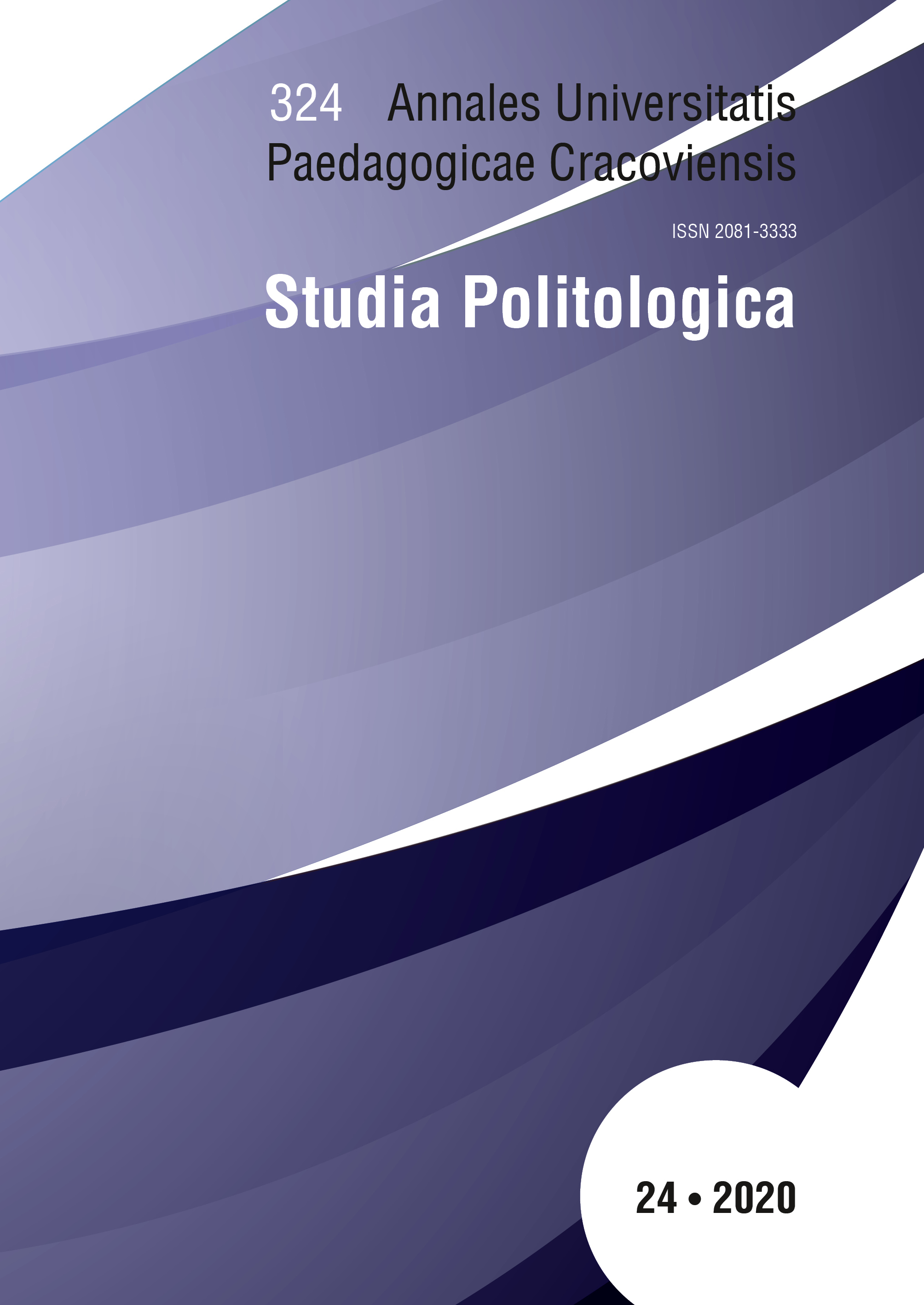Concepts for reconstruction of the maritime economy of the polish underground state...in the years 1940–1944
Abstrakt
The regaining of the country’s independence, and then its revival after the war damages, including its
economic infrastructure - these were the tasks set by the Polish government in exile, first in Paris and then
in London. The maritime economy was to play an important role here. The Polish government was fully
aware of the enormous economic and strategic benefits resulting from the fact that it had a coast, with
the port of Gdynia before the war. It was assumed that both in Gdynia and in the ports that were to belong
to Poland after the war: Szczecin, Kołobrzeg, Gdańsk, Elbląg, Królewiec, the economic structure was to be
transformed, and they were to become the supply points for Central and Eastern Europe. Work on the
reconstruction of the post-war maritime economy was mainly carried out by the Ministry of Industry, Trade
and Shipping. In London, in 1942-1943, a number of government projects were set up to rebuild the entire
maritime infrastructure. All projects undertaken in exile were related to activities carried out by individual
underground divisions of the Polish Underground State domestically, i.e. the “Alfa” Naval Department of the
Home Army Headquarters, the Maritime Department of the Military Bureau of Industry and Trade of the Head
of the Military Bureau of the Home Army Headquarters and the Maritime Department of the Department
of Industry Trade and Trade Delegation of the Government of the Republic of Poland in Poland. The abovementioned
organizational units also prepared plans for the reconstruction of the maritime economy, and the
projects developed in London were sent to the country. They collaborated here and a platform for mutual
understanding was found.
Pobrania
Opublikowane
Numer
Dział
Licencja
Redakcja przyjmuje do druku teksty oryginalne, wcześniej niepublikowane. Treść czasopisma jest dostępna na licencji Creative Commons (CC-BY-NC-ND 3.0 PL)
Licencja ta zezwala na wykorzystanie materiałów opublikowanych w czasopiśmie w celach niekomercyjnych np. komentarza, krytyki, informacji, archiwizacji, nauczania lub prowadzenia badań, z poszanowaniem aktualnie obowiązującego prawa autorskiego (ustawa z dnia 4 lutego 1994 r. o prawie autorskim i prawach pokrewnych Dz.U. 1994 nr 24 poz. 83 z poźn. zm.). Zgodnie z wymogami licencji, konieczne jest dokładne podanie źródła cytowania lub parafrazowania oraz zachowanie tekstu w oryginalnej postaci (zakaz tworzenia utworów zależnych).

